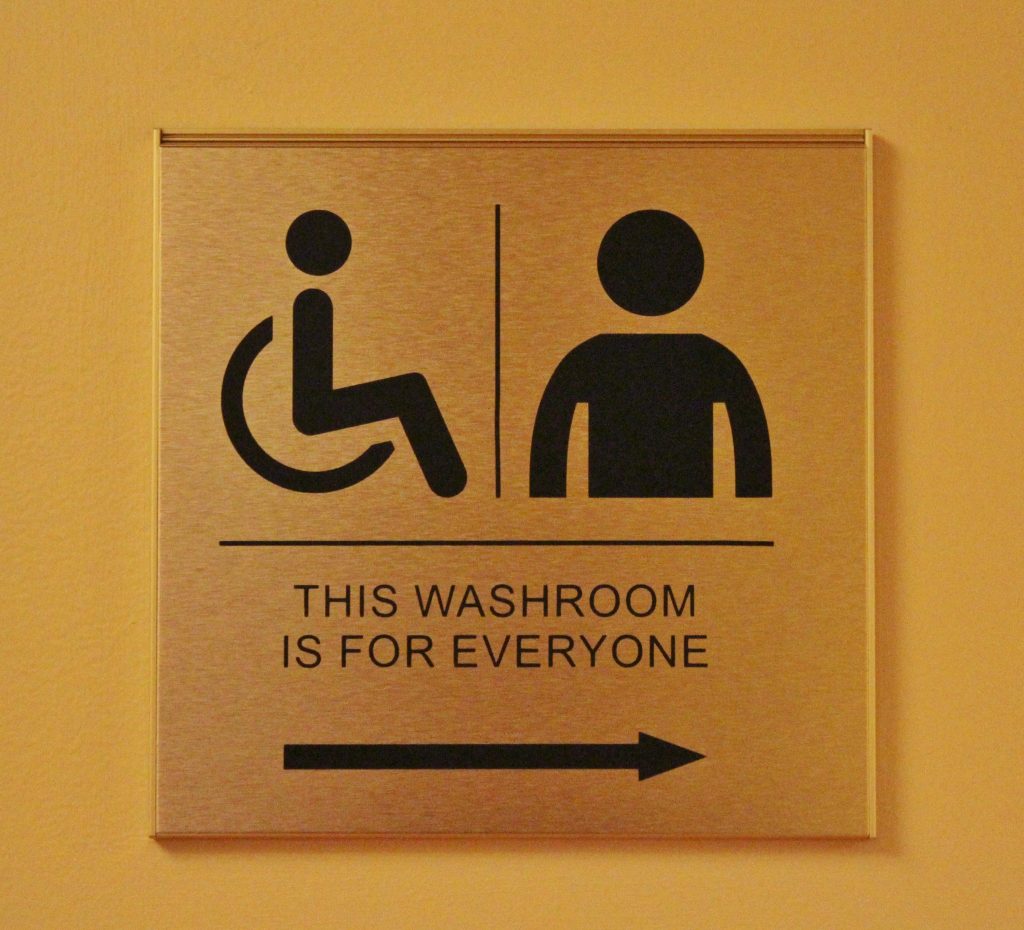Hi, I’m Dana – She/Hers/Her (Gender, Gender, Gender!)
I led a workshop yesterday on mental health for parents of high school seniors. Introducing myself, I said, “I’m Dana, and my pronouns are she/her/hers.” Those same pronouns are at the bottom of my email signature. Were the workshop attendees confused by my sharing of pronouns? I couldn’t tell. But for lots of reasons, saying my pronouns is something I’m trying to do more often.
For many cisgender people (cisgender: people who’s gender identity matches what they were assigned at birth) the movement toward saying pronouns has been a bit baffling. Isn’t it obvious when someone’s male or female, man or woman? Not always. I was excited to go to a great workshop recently all about gender with multilingual Atlanta therapist Irene Celcer (her website’s in Spanish), hosted by the Georgia Society for Clinical Social Work. We talked about the difference between sex and gender (“sex is biology; gender is society”; “sexuality is who you go to bed with; gender is who you go to bed as”), gender incongruence (often known as gender dysphoria) and best practices for therapists working with LGBTQIA+ clients.
Especially given Atlanta’s big-big-big population of gender-nonconforming queer people, and the continuing discrimination and abuse they face – and often resulting trauma – it’s important to me that I and other cisgender therapists and counselors do our best to be respectful and helpful to these clients.
For lots of us who are no longer young adults, it’s a bit jarring to re-think our old ideas of gender, ideas we took for granted as reality. But one of the things I love about being a therapist is that I get to rethink old ideas and learn new ways of seeing and being. I am so grateful for this work.





